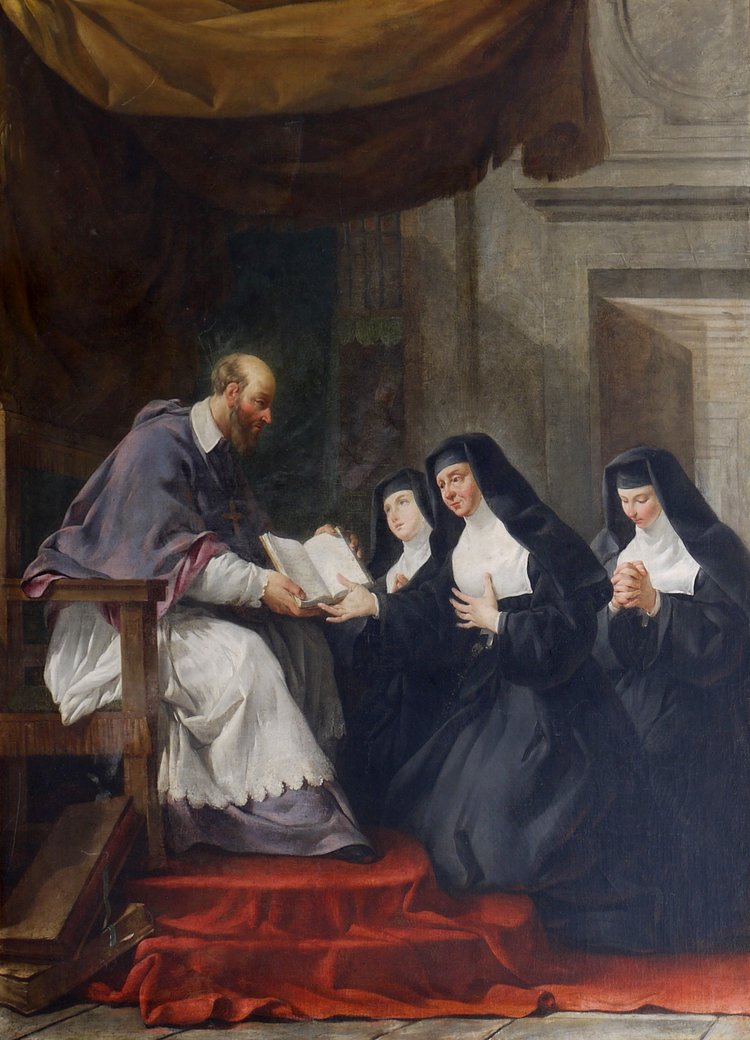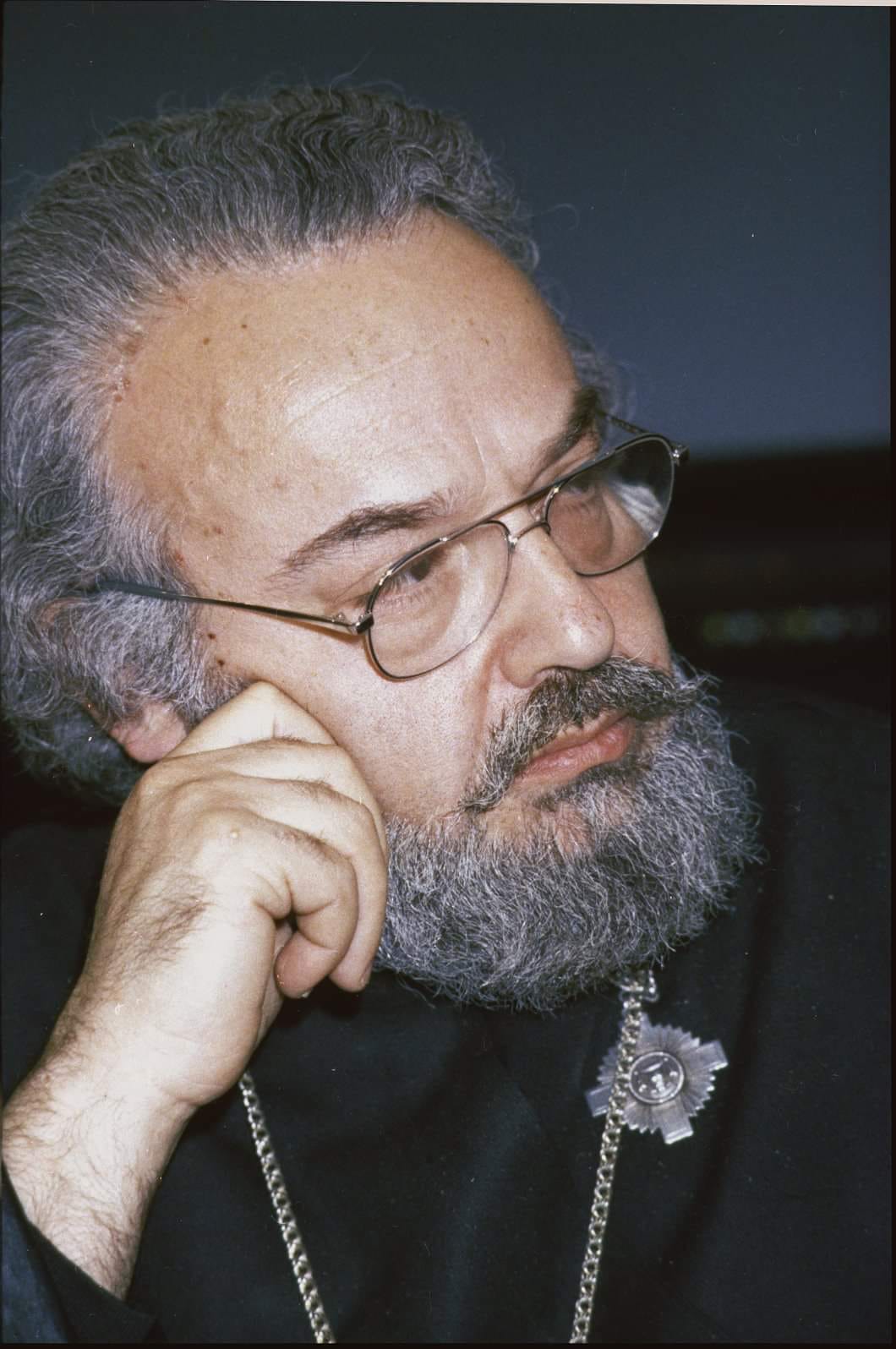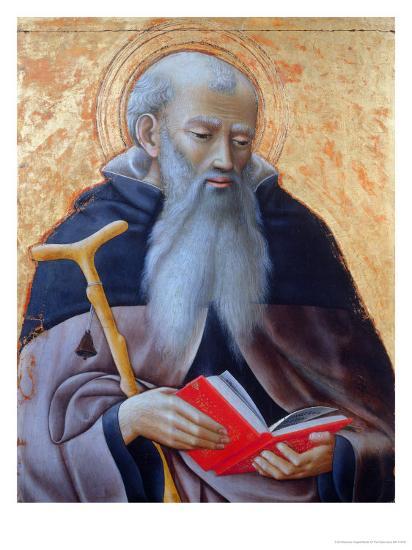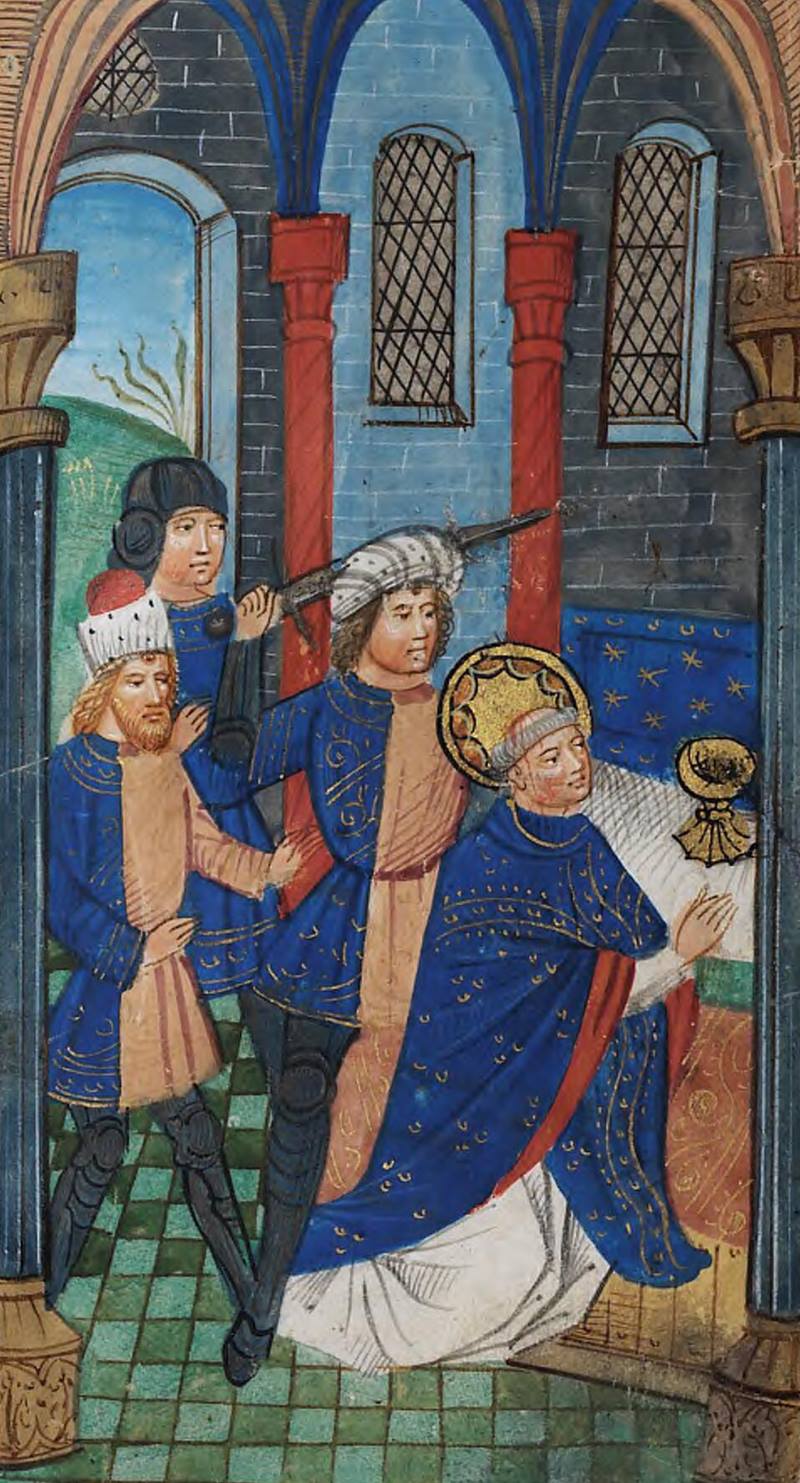 Amazing what comes across the desk. Today, on International Human Trafficking Awareness Day, we liturgically recall St Vitalis of Gaza, who frequented brothels. I am aware of the work of countless people work for those trafficked, including our Florence.
Amazing what comes across the desk. Today, on International Human Trafficking Awareness Day, we liturgically recall St Vitalis of Gaza, who frequented brothels. I am aware of the work of countless people work for those trafficked, including our Florence.
St Vitalis biography, in part, reads,
“In the 600s, prostitution was a terribly exploitative profession. Often young peasant girls with no prospects would be sold into slavery or captured by pimps. They would then be taken to the poor areas of towns and live in terrible conditions while being forced to sell themselves for sex.
“St Vitalis could not tolerate this misery and so he set out to collect the name and address of every prostitute in the city. He then would work as a poor day laborer, which itself wasn’t much better than slavery, and would collect his wages at the end of the day and take it to a different brothel. He pretended to be a paying customer, which allowed him to enter without notice. Once he was alone with the woman he would give her his money, which she would use to escape, and tell her about her dignity and value as a woman, saying it was wrong for her to be abused and objectified by men. He would then leave and repeat this process every day.
“St Vitalis rescued countless women during his life, and ended up sacrificing his life in the process. He was killed one day entering a brothel, because he was recognized as a monk. Ironically, it was not a pimp who killed him for recognizing him as a rescuer. Rather, it was a Christian who killed him, believing him to be visiting the brothel to break his vow of chastity.
St Vitalis often said, “Do not judge your neighbor as a sinner.”
 Today, on the Feast of the Conversion of St. Paul, I hear you can now pre-order a new book co-authored by Brant Pitre, Michael Barber and John Kincaid. Paul, a New Covenant Jew: Rethinking Pauline Theology to be published by Eerdmans in August 2019! Michael Gorman wrote the Foreword to the book.
Today, on the Feast of the Conversion of St. Paul, I hear you can now pre-order a new book co-authored by Brant Pitre, Michael Barber and John Kincaid. Paul, a New Covenant Jew: Rethinking Pauline Theology to be published by Eerdmans in August 2019! Michael Gorman wrote the Foreword to the book.






